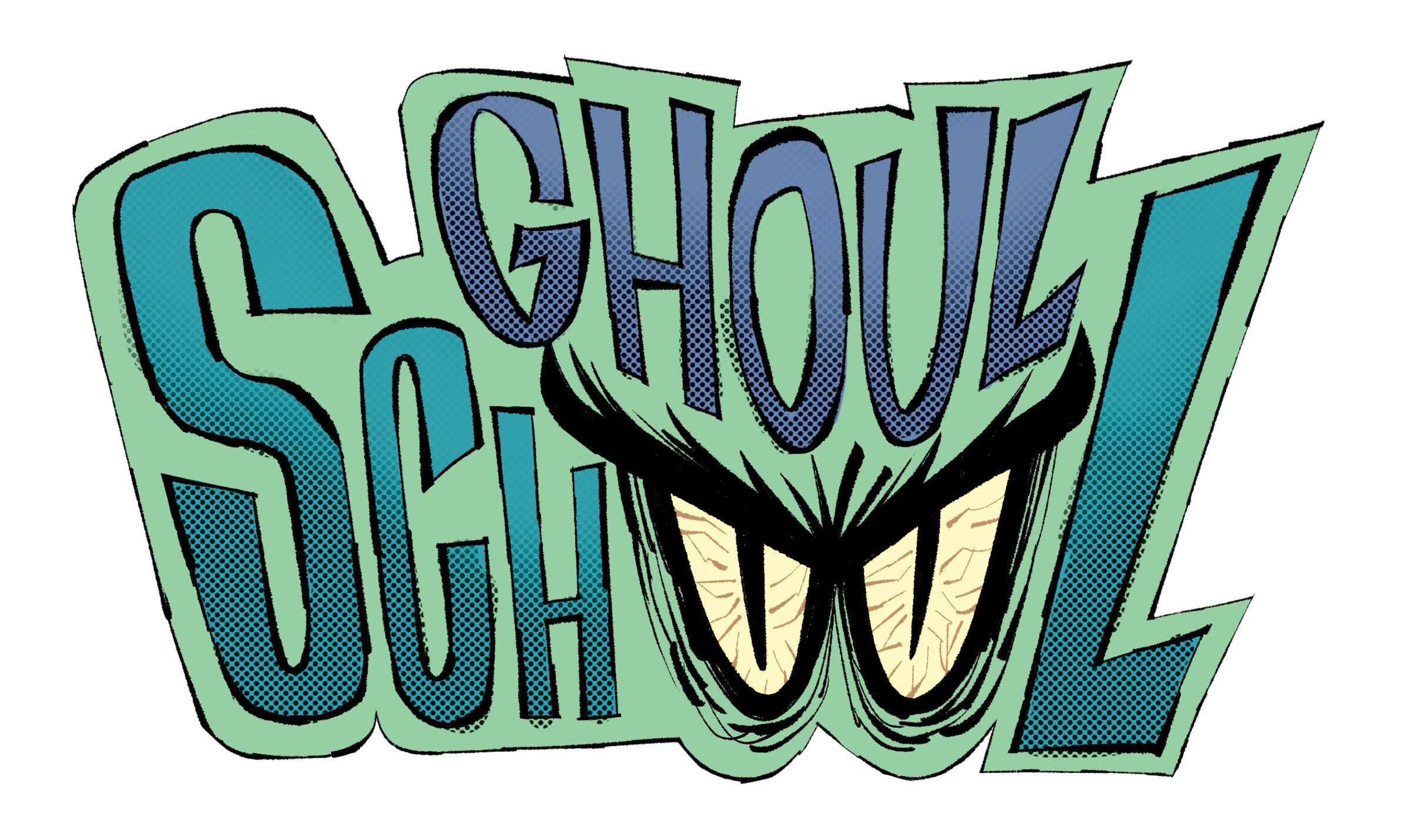
Games for Readers: 9 fun ways to keep students engaged
Reading is an essential skill that children must develop to succeed. Unfortunately, in a digital world dominated by gadgets and screens, getting children to read for fun has become more difficult than ever. Fortunately, the right games for readers can be a great way to keep students engaged.
Learning to read is tough for today's children
We live in an increasingly distracted world that makes it far more difficult for kids to improve their reading skills. Digital devices have conditioned children to consume entertainment in micro-sized chunks so that some see books as a boring slog in comparison. App makers invest millions to design devices that keep kids coming back for more. And while teachers don't have the same resources, there are ways an educator can use these gamification techniques to pull early readers away from their screens and back toward the page.

How can teachers make reading fun?
Classroom games provide a wonderful opportunity for students to become more engaged with the material being read in class. The right games can help children improve vocabulary, build comprehension, and strengthen fluency. Even better, teachers often discover reading games foster a love for literature in kids that encourages them to read on their own for fun.
But will these fun games for readers improve their language skills?
They will.
Too many adults think reading can only be learned in the quiet with a book in the hand and a butt in the seat. While there is some truth to this belief, finding fun games and reading activities to engage students can offer a plethora of benefits for children of all ages:
- Reading games generate a sense of enjoyment, encouraging even the most reluctant readers to become involved.
- Word games build vocabulary and spelling skills.
- When children practice reading, they build vital skills that will help them succeed throughout their academic careers.
- Games can foster a lifelong love of books.
- The best reading activities create a positive learning environment and provide opportunities for peer learning and collaboration.
9 Games for Readers to Engage Students
The games listed below are a great place to start for teachers hoping to find fun activities to better engage young readers. While some are better for learning vocabulary words and others for improving overall language development, each of these free reading games and activities will help your students to improve their reading comprehension in a fun way they are sure to enjoy...
Bingo Book Quiz
Who doesn’t love to leap from their seat and yell BINGO?

Fill the boxes on traditional bingo cards with words related to the reading. Characters and settings are a great place to start, but make sure you’ve chosen words that are easily described. After all, that’s your job once students have their play cards in hand.
As you describe your selections, ask children to mark off any corresponding words on their cards. The first to record a bingo wins!
Build a Storytelling Chain
Even kids who hate to read aloud love this one.
Ask students to form a circle. The first must begin retelling a recently read story in their own words. When she’s exhibited a firm grasp of the material, move on to the next student and ask them to pick up where the first left off. Keep children on track, but allow for silly voices, fun interpretations, and over-the-top embellishments.
Word Search with a Bookish Twist
Kids love word searches, but this one is a little different.
Provide students with vocabulary words they can find within the sentences of a book being read in class. Ask students to find as many words as they can, then use context clues to determine the meaning of each. A word search like this is great for building reading comprehension and fluency.

Hot Potato
Grab a beach ball from your local Dollar Store, then use a marker to write discussion prompts on each section of the ball.
Once you have your students on their feet, begin tossing the ball around the class. Students must answer whatever question their thumb lands on when the ball comes their way. Those unable to answer must sit out. The last person standing wins!
Reader’s Theater
Divide students into acting troupes. Assign each group a scene from the reading that they must adapt into a play and perform in front of the class. Reader’s theater forces students to gain a deeper understanding of the material and improves public speaking skills.

Book Charades
One at a time, ask students to mime their favorite characters or scenes from the reading. As in a typical game of charades, it falls on everyone else to guess what the silent student portrays.
Jeopardy
This is a classic among our list of games for readers.
Separate kids into groups. Ask trivia questions inspired by the reading. Award more points for difficult questions and watch students move to the edge of their seats with the hope they'll have the answer.
Reading Relay Race
Prepare a list of questions covering a book everyone in class has read. Place the questions in order from easiest to hardest, then have students race to answer the questions correctly.
Book Club
While starting a book club may be more involved than the simple reading games listed above, inviting students to socialize around a shared love of books is a great way for children to build reading habits that last.

Check out our article on book club activities to discover how educators can get started and the results they’re likely to see.
Conclusion
Reading games can be a powerful tool to engage young readers and make reading fun. By incorporating games into reading instruction, teachers can help develop essential reading skills, foster a love for reading, and create a positive and engaging learning environment for beginning readers and older children alike.
Use resources like Teachers Pay Teachers to find materials that will help your reading games come to life. Also, the tween books we publish are written with the reluctant reader in mind. That makes a hi lo book like Ghoul School a great place to start when bringing stories into the classroom.

